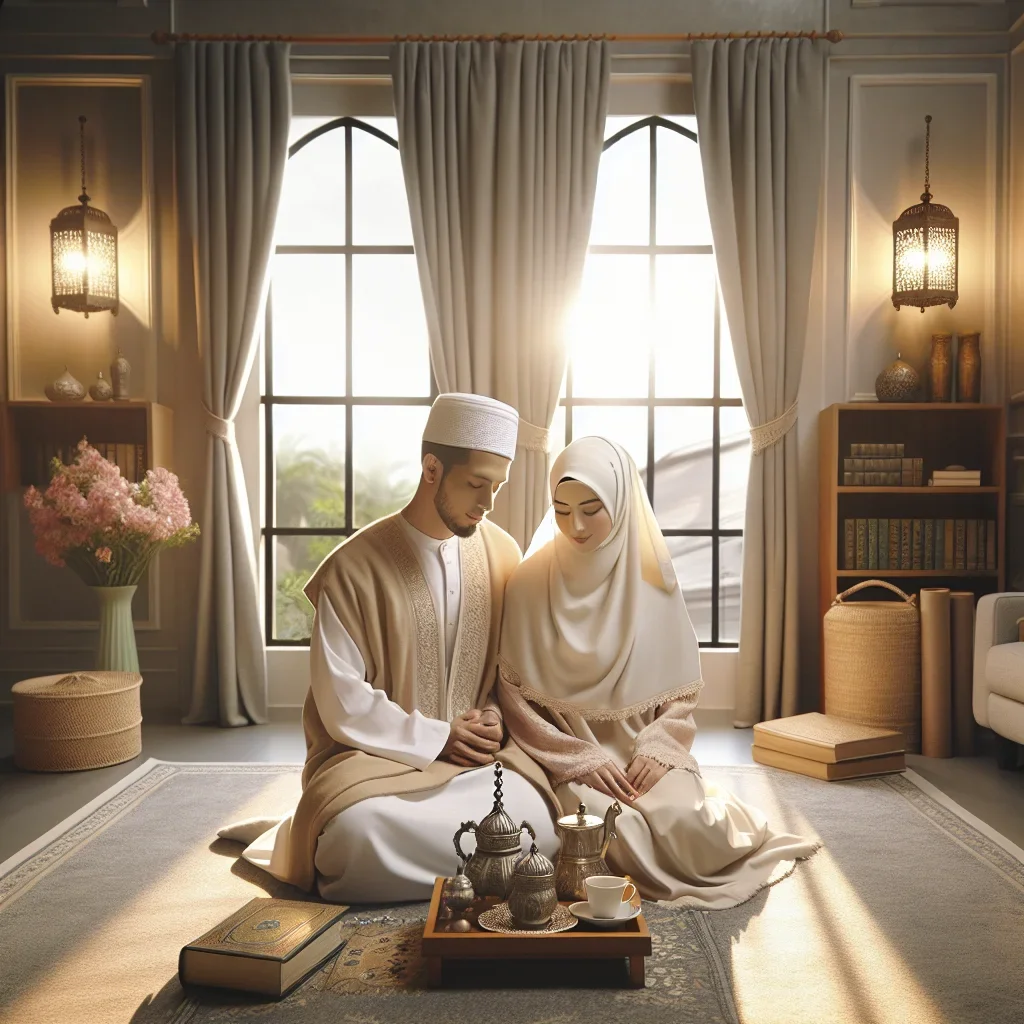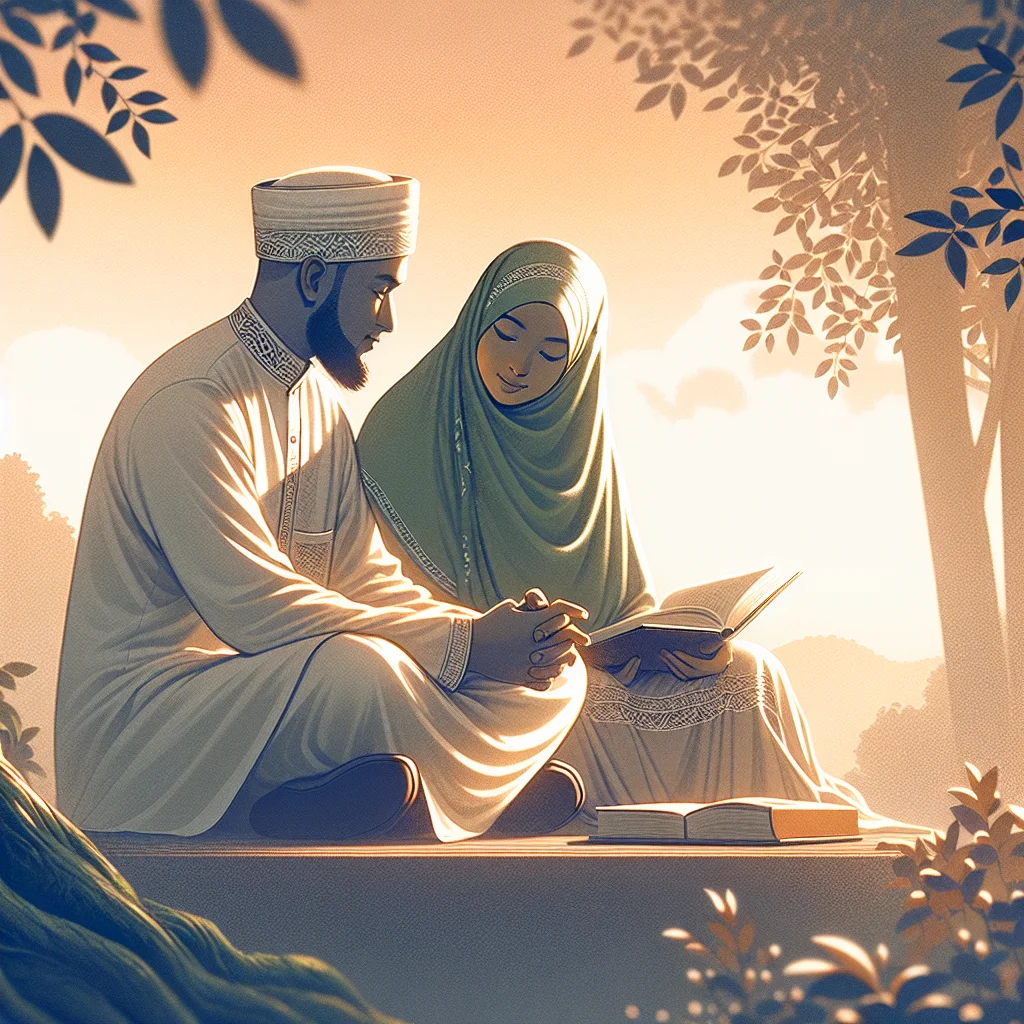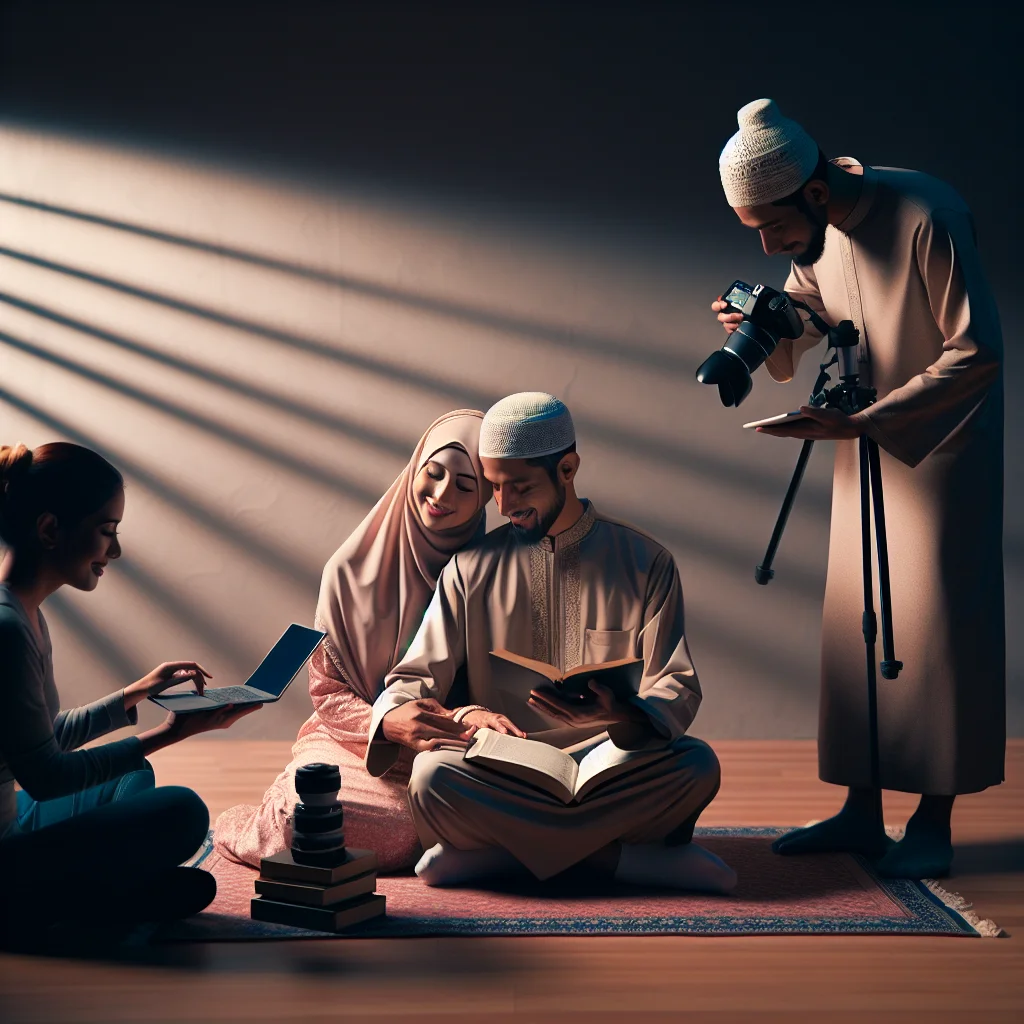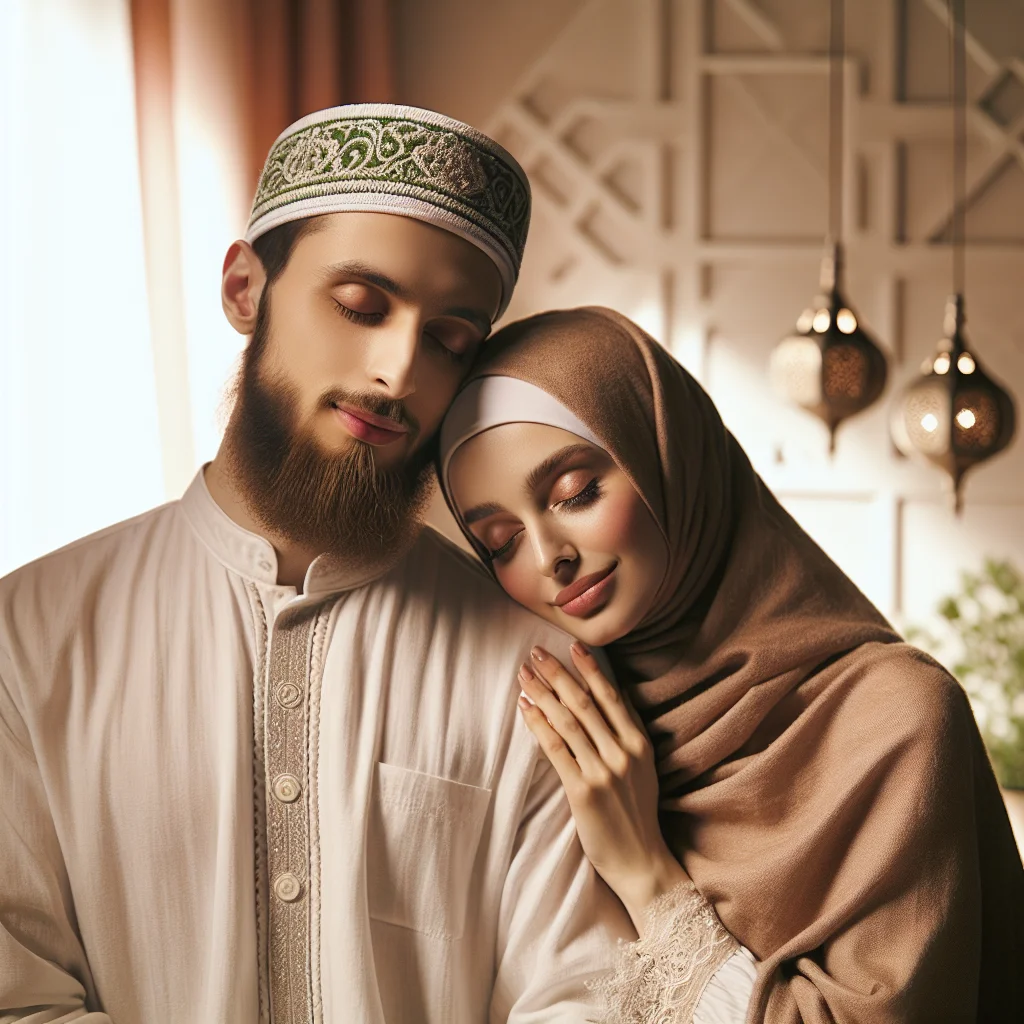```html
Navigating Marriage Challenges: Balancing Traditional Values with Modern Realities in the 21st Century
Navigating Marriage Challenges: Balancing Traditional Values with Modern Realities in the 21st Century
Marriage is a sacred bond in Islam that represents a union based on love, mutual respect, and commitment. In the 21st century, Muslim couples face unique challenges as they strive to balance traditional values with modern realities. With changing social norms, technological advancements, and evolving gender roles, it is essential for couples to navigate these complexities while upholding the principles of Islam.
One of the fundamental aspects of Islamic marriages is the concept of mutual respect and understanding between spouses. In today's fast-paced world, communication has become more crucial than ever. Couples must take the time to truly listen to each other's perspectives, concerns, and needs. By fostering open and honest communication, spouses can build a foundation of trust and strengthen their bond.
While traditional values emphasize the importance of family, community, and religious teachings, modern realities bring about new challenges such as balancing career aspirations, financial responsibilities, and social pressures. It is crucial for couples to find a middle ground where they can honor their Islamic values while adapting to the demands of contemporary society.
Another challenge that Muslim couples often face is navigating the influence of technology on their relationship. With the rise of social media, online dating apps, and virtual communication, maintaining a healthy marriage requires setting boundaries and prioritizing real-life interactions over digital distractions. Couples should strive to create quality time together, free from screens and distractions, to nurture their emotional connection.
In the 21st century, gender roles are evolving, and this shift can sometimes lead to conflicts within marriages. Islam advocates for mutual respect and partnership between spouses, regardless of traditional gender roles. It is essential for couples to support each other's ambitions, career choices, and personal growth while upholding the values of modesty, chastity, and mutual care prescribed by Islam.
To navigate these challenges, it is crucial for Muslim couples to seek guidance from Islamic teachings and scholars. By studying the Quran and Hadith together, couples can find solace, wisdom, and practical advice for overcoming marital difficulties. Additionally, seeking counseling from qualified professionals trained in Islamic ethics can provide couples with the tools to address communication issues, conflict resolution, and intimacy in a manner that aligns with Islamic values.
Ultimately, the key to a successful marriage lies in maintaining a balance between traditional values and modern realities. Muslim couples must strive to uphold the teachings of Islam while adapting to the changing world around them. By prioritizing communication, mutual respect, and a shared commitment to spiritual growth, couples can navigate the challenges of the 21st century with faith, resilience, and love.
In conclusion, as Muslim couples embark on their marital journey in the 21st century, it is essential to remain steadfast in their faith, uphold the principles of Islam, and seek guidance from knowledgeable sources. By embracing the challenges of modernity while honoring their traditional values, couples can build a strong and enduring marriage that is rooted in love and devotion to Allah.
To find a righteous partner, install the Good Spouse app: http://goodspouse.com/go/en
```
Install the Good Spouse app: ⬇️⬇️⬇️⬇️⬇️
